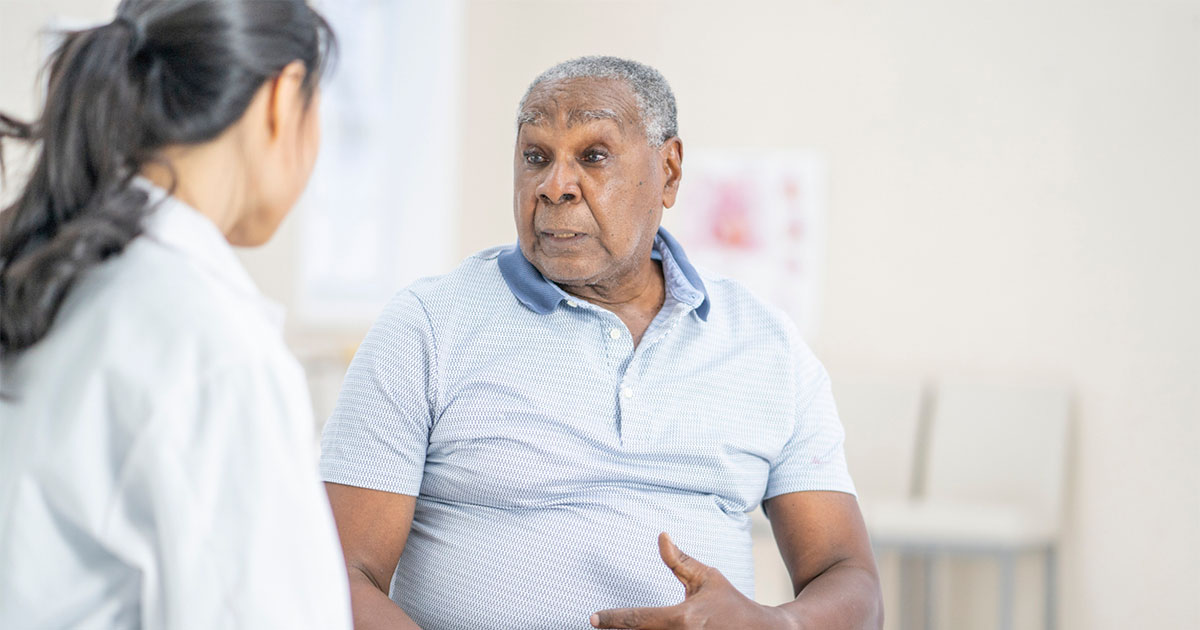The National Service Framework for diabetes (Department of Health [DoH]; 2001), based upon various publications from two key long-term trials (the Diabetes Control and Complications Trial, 1993; the UK Prospective Diabetes Study, 1998), promotes tight control of blood glucose levels in order to improve the long-term outcomes in people with diabetes. However, in neither of these seminal trials is a direct relationship between more frequent self-monitoring of blood glucose (SMBG) and improved HbA1c discussed.
SMBG is not cheap and most PCTs spend approximately 40 % more on blood glucose testing strips (the meters are heavily subsidised by the manufacturers but are not prescribable) than they do on oral hypoglycaemic drugs (National Prescribing Centre, 2002). In 2004 the cost of blood glucose strips used in England alone was almost £130 million (DoH, 2004).
Is there any evidence for SMBG?
There are enormous variations in opinions and evidence as to whether SMBG is an essential component of diabetes care or a waste of time and money, particularly in people with type 2 diabetes. For those with type 1 diabetes there is reasonable evidence that the more frequently SMBG is performed, the lower the HbA1c (NICE, 2004).
For type 2 diabetes the evidence base is growing yet remains controversial. A large study from California (n=24 312) in people with type 2 diabetes showed significant improvements in HbA1c with more frequent SMBG (Karter et al, 2001). A more recent comprehensive review of published data suggests that SMBG in people with type 2 diabetes not on insulin therapy results in a small but significant reduction in HbA1c (Welschen et al, 2005). An observational study showed that, over 6.5 years, people with type 2 diabetes who performed SMBG were about half as likely to die as those who did not (Martin et al, 2006).
On the other hand, a recent study failed to show any relationship between the frequency of SMBG and HbA1c levels over 3 years, although those doing more frequent SMBG reported more hypoglycaemic episodes (Franciosi et al, 2005); and a comprehensive Health Technology Assessment (HTA; Coster et al, 2000) concluded that SMBG could not be routinely recommended in people with type 2 diabetes. However, the Coster et al study was published prior to the more recent data in support of SMBG mentioned earlier.
Could SMBG be harmful?
There is research to suggest that the use of SMBG by people with diabetes but not on insulin therapy can result in frustration, worries and depression (Franciosi et al, 2001). We know that many people just collect results for their practice nurse or GP to look at and fabrication of blood sugar results is not uncommon. Continued poor results can lead to the syndrome of learned helplessness, comprising lack of motivation, emotional instability and cognitive impairment (Dunn, 1987).
Is SMBG reliable?
In trials there is poor correlation between tests done by healthcare professionals and patients using the same machine at the same time (Skeie et al, 2002) and the HTA mentioned above also noted a high rate of user errors (Coster et al, 2000). An interesting survey done in a UK pharmacy noted about 50 % of people with diabetes performing SMBG reported difficulties using a meter such as problems getting enough blood, lack of cleansing of the meter or adequate hand washing prior to testing, and failure to calibrate the meters (Dixon, 2001).
Summary
SMBG is widely promoted but only done regularly by a minority of people. Promotion of glucometers in pharmacies often results in the next birthday, Eid or Christmas present for a newly diagnosed individual being a glucometer. SMBG is important for people on insulin therapy but only when the results are acted upon. It is less easy to adjust oral hypoglycaemic agents but again some individuals do appreciate the feedback given by SMBG as long as they understand the factors which affect blood sugar levels such as diet and exercise. We must also accept that SMBG for some people is not only unnecessary but also counterproductive.
Helping people with diabetes to utilise SMBG appropriately should result in reduced costs to the NHS, improved adherence to medications and advice, and reduced psychological distress.
A full list of all available meters and strips is published regularly in Balance (available from Diabetes UK, visit www.diabetes.org.uk for more information [accessed 01.12.2006]).





BPROAD study: Reducing systolic blood pressure to <120 mmHg versus <140 mmHg in people with type 2 diabetes reduces cardiovascular events.
3 Apr 2025